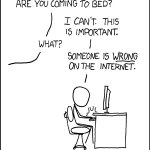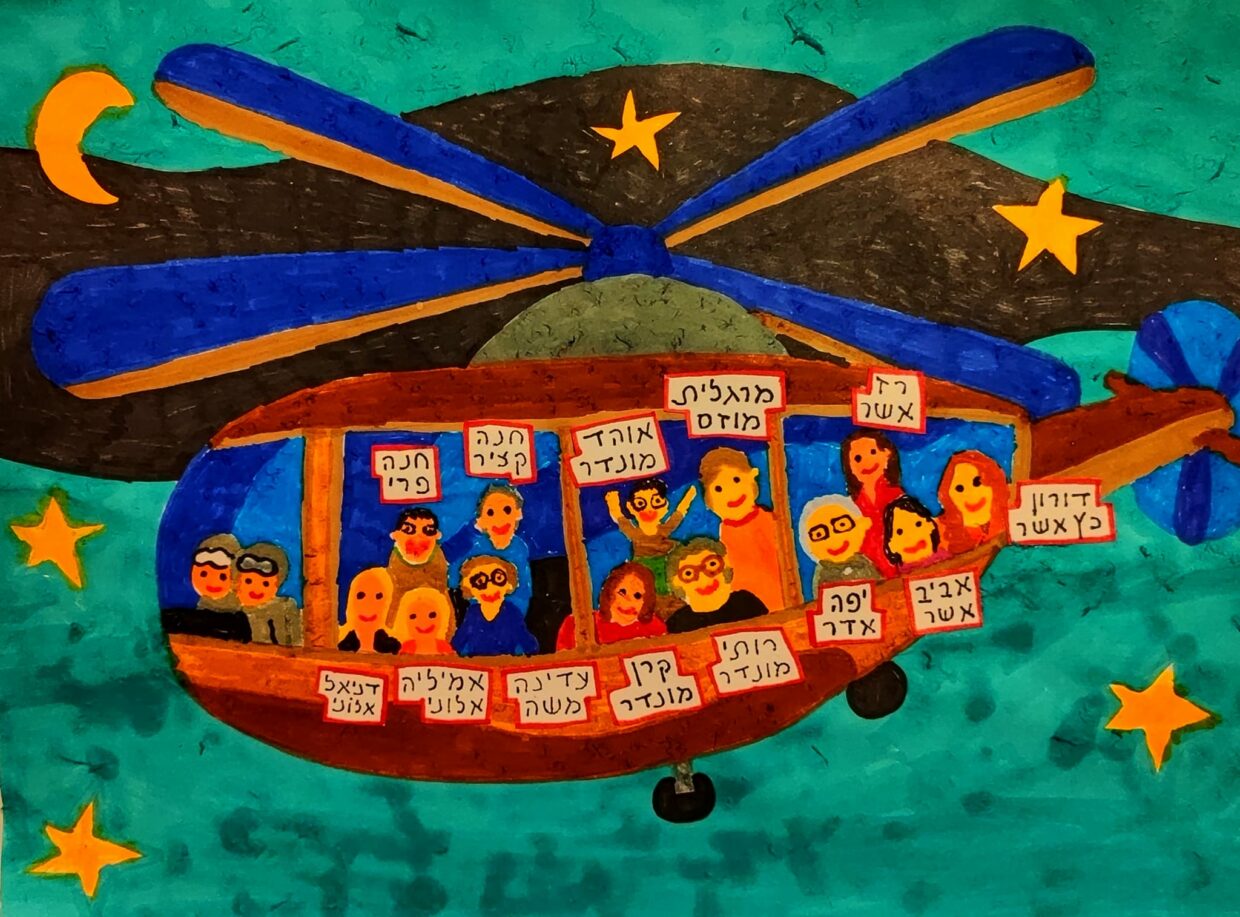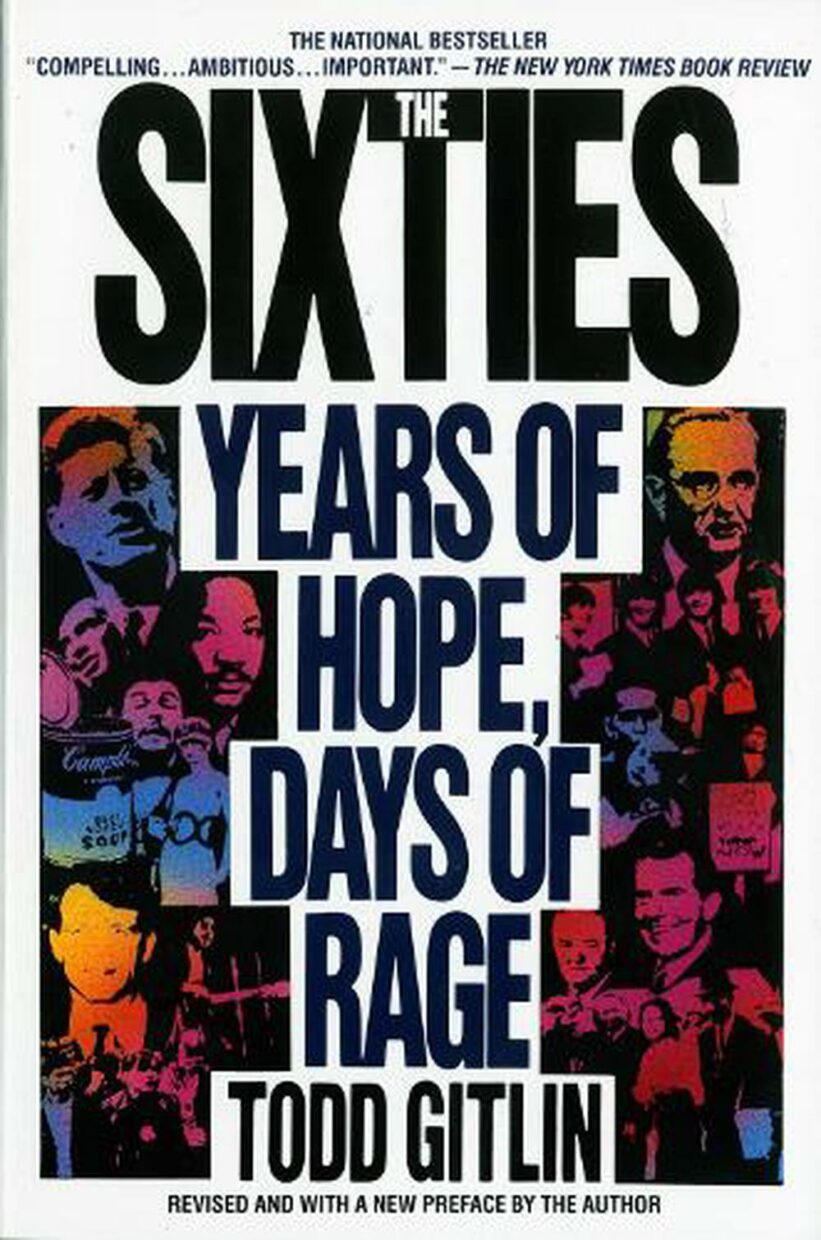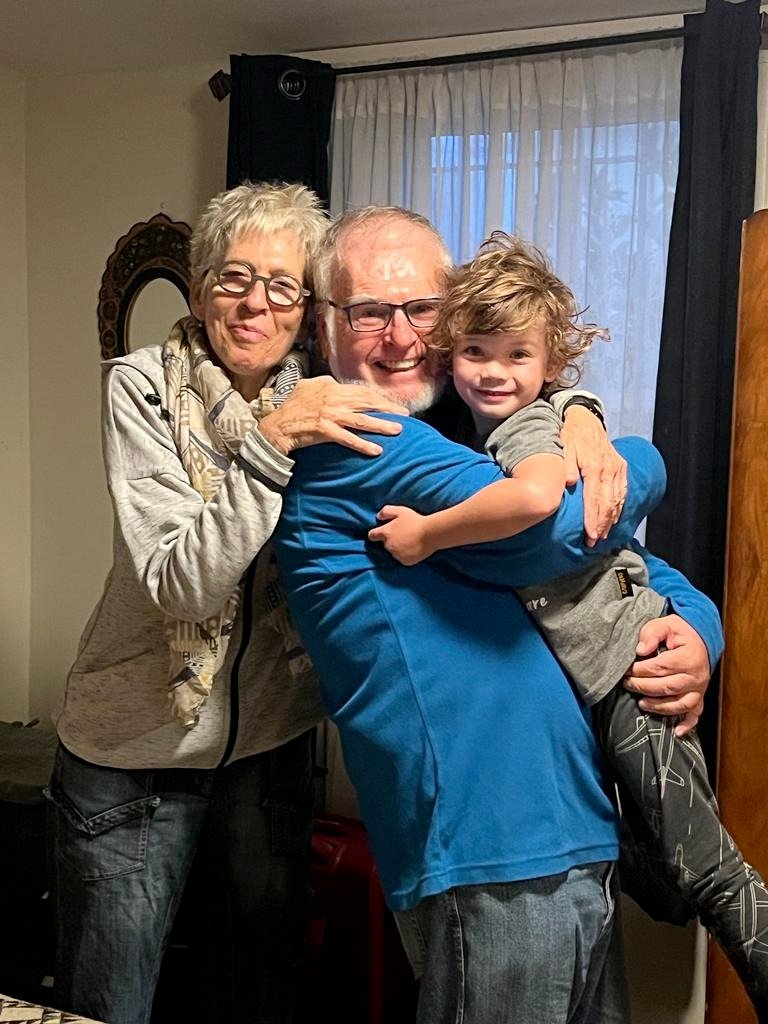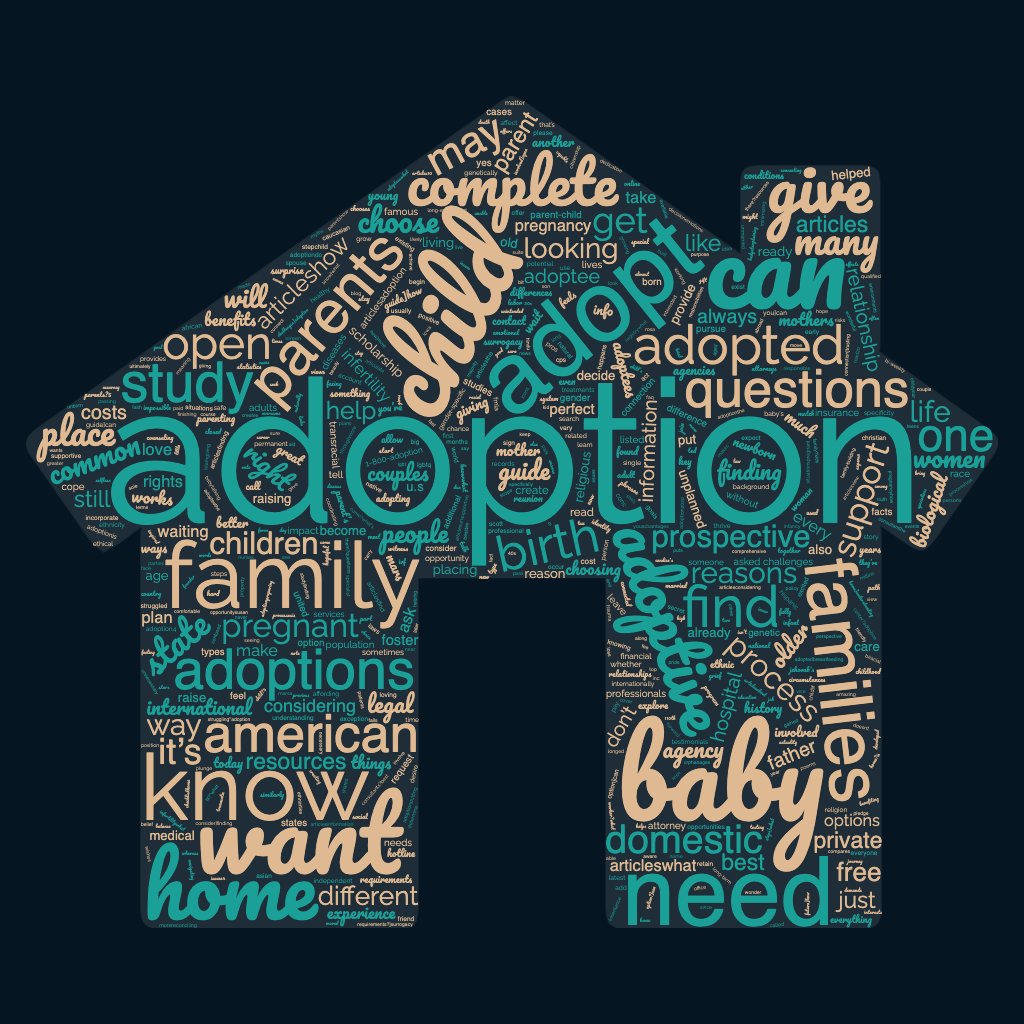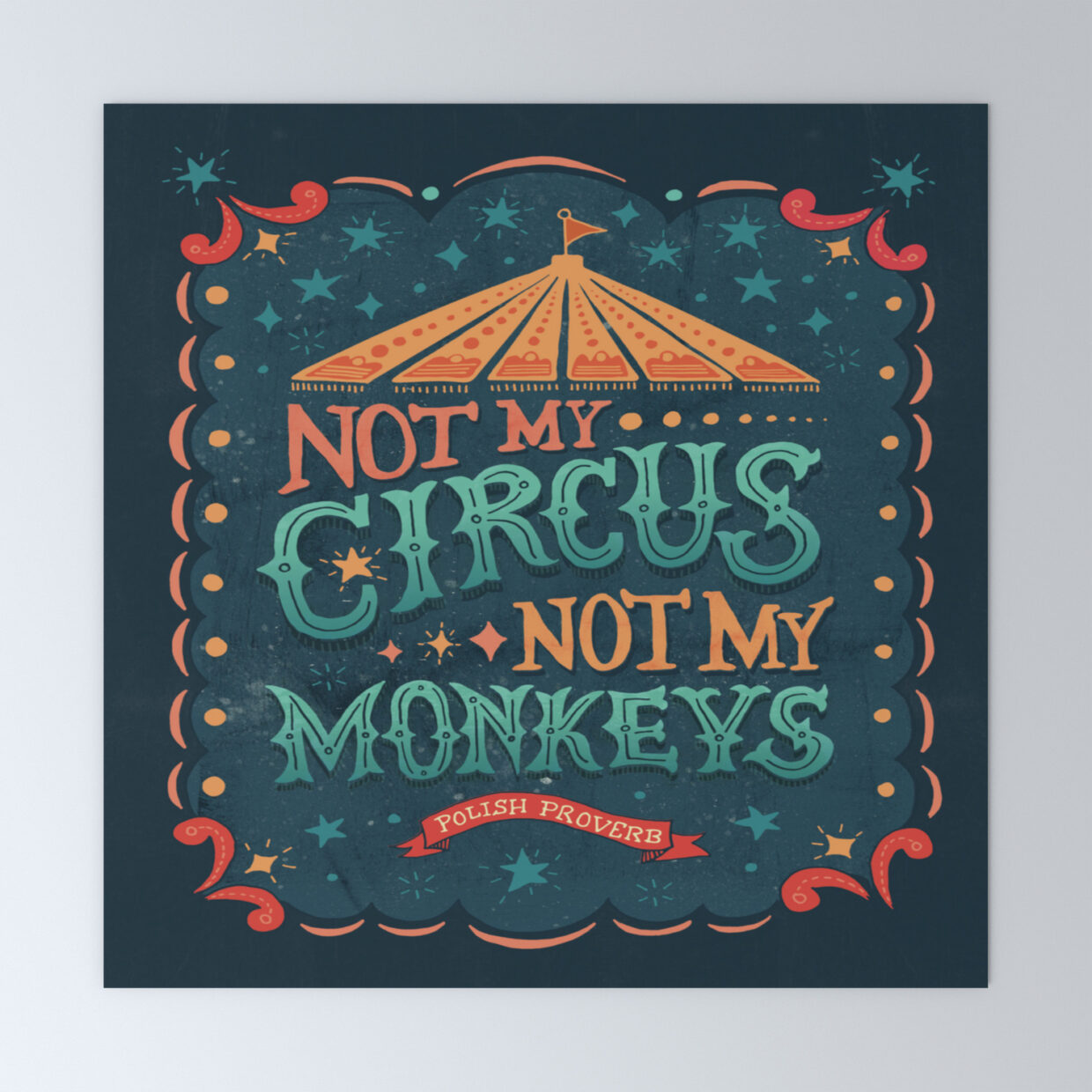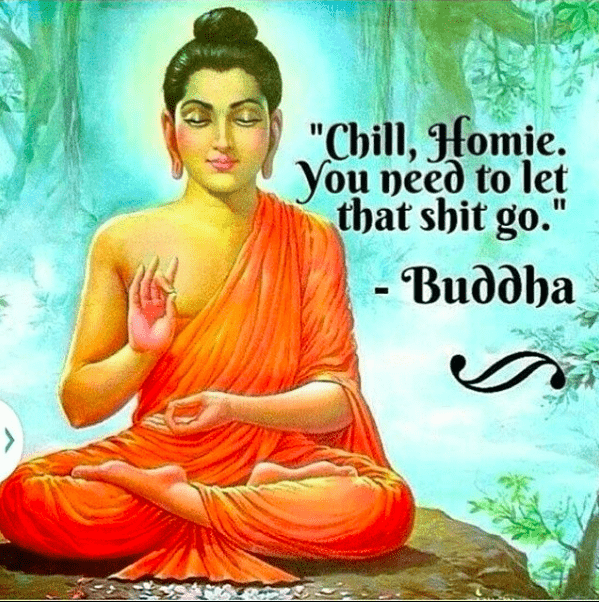Today we held my father’s funeral, which was heartbreaking and moving. Hundreds of people whose lives he touched came to help us say goodbye and many spoke of him with such love and admiration. I officiated the funeral and said the final kaddish, which I based on Tally Ornan’s secualr kaddish:
יִתְגַּדַּל וְיִתְקַדַּשׁ בֶּן הָאָדָם עַל שֶׁיָּדַע כִּי מִן הֶעָפָר הוּא וְאֶל הֶעָפָר יָשׁוּב, וְעַל אַף זֹאת בָּחַר בַּחַיִּים וְשָׂמַח, וְעָלַץ, וְרָגַשׁ, וְאָהַב.
יִתְבָּרַךְ וְיִשְׁתַּבַּח בֶּן הָאָדָם אֲשֶׁר מִן הַחֹמֶר בָּא וְאֶל הַחֹמֶר שָׁב, וְעַל אַף שֶׁיּוֹדֵעַ הוּא כִּי סְפוּרִים יָמָיו עַל הָאֲדָמָה, הָיָה חַי וְשׁוֹקֵק, תְּאֵב דַּעַת וְשִׂמְחָה, צוֹחֵק וְדוֹמֵעַ , אוֹהֵב וְאָהוּב עַל כִּי אָדָם הוּא.
יִתְפָּאַר וְיִתְרוֹמַם בֶּן הָאָדָם עַל כִּי יָדַע שֶׁעָמֹק הַבּוֹר הוּא וְרָחָב וְלֹא יִמְתְּקוּ לוֹ שָׁם הָרְגָבִים. עַל כִּי יָדַע שֶׁאֵין בִּפְנֵי מִי וְאֵין עַל מָה לָתֵת אֶת הַדִּין כִּי אֵין אַחֲרִית בַּשַּׁחַת. רִיק וַאֲבַדּוֹן יִשְׁכְּנוּ שָׁם לְעוֹלָם וּלְעָלְמֵי עָלְמַיָּא.
וְעַל אַף זֹאת דָּבַק בַּחַיִּים, וְלָחַם עֲלֵיהֶם בְּפִכָּחוֹן, בְּאֹמֶץ, בִּגְבוּרָה, וּלְלֹא מוֹרָא.
יִתְנַשֵּׂא וְיִתְהַדָּר בֶּן הָאָדָם עַל כִּי יָדַע כִּי רַק בּוֹ מְצוּיָה מִדַּת הָרַחֲמִים. עַל כִּי קִוָּה, הֶאֱמִין, וְשָׁאַף לָשִׁית שָׁלוֹם עַל הָאָרֶץ בְּיוֹדְעוֹ שֶׁרַק עָלָיו וְעַל שֶׁכְּמוֹתוֹ מוּטֶלֶת מִצְוָה זוֹ וְאֵין אַחֵר זוּלָתָם שֶׁיָּשִׂימוּ שָׁלוֹם עַל הָאָרֶץ וְעַל כָּל יוֹשְׁבֶיהָ.
עַל כָּל אֵלֶּה וְעוֹד יִתְגַּדַּל וְיִתְקַדַּשׁ, יִתְבָּרַךְ וְיִשְׁתַּבַּח, יִתְנַשֵּׂא וְיִתְהַדָּר, וְיִתְעַלֶּה בֶּן הָאָדָם, חיים בן שרה ושמואל יוסף, בעלה של אמי יעל אהבת חייו, אבי הנהדר והמסור, חותנו האוהב והחם של אישי צ׳אד, סבו המאושר של בני ריו בבת עינו, אח וגיס למיכל, עודד, אתי, נוני ואסתר, דוד לטל, דן, אנאבל, שרון, שי, שחף, ילדיהם של אחותו אסתר ואחיו דוד ז״ל, חתן מופלא לשמואליק ז״ל ואביבה, חבר שלא יסולא בפז ועמית תומך לאלפי אנשים ברחבי העולם, מורה נערץ, מרצה בחסד וחוקר דגול שהעמיד דורות תלמידים, מהנדס, כלכלן, ומתכנן תחבורה מחונן, סופר מוכשר, רב לעת מצוא בקהילות ברחבי העולם, הראשון להתנדב לכל מטרה ראויה, לוחם עשוי לבלי חת לשלום, לשוויון ולזכויות אדם ואזרח, איש דעת מבריק רב תחומי, ברוך כשרונות כשם שהיה צנוע הליכות, איש שנשמתו זהב טהור ופיו וליבו תמיד שווים, שצחוקו הגדול ועיניו הטובות שימחו כל לב עצוב, ושכשרונותיו הגדולים האירו באור יקרות של קידמה ופיתוח אפילו את הפינות החשוכות, הנידחות והנחשלות ביותר בעולם. יתגדל ויתקדש ויתברך וישתבח ויִתְנַשֵּׂא וְיִתְהַדָּר, וְיִתְעַלֶּה שמו של אבא היקר מפז לְנֶצַח נְצָחִים, לְעוֹלָם וּלְעָלְמֵי עָלְמַיָּא.
וְאָנוּ כָּאן, הַנּוֹתָרִות: נִדְהָמִות, המומות, כאובות, נְטוּשִׁות, וְגַלְמוּדִות, ומתנת חייו עמנו צרי ללבבותינו השבורים. וימצא זכרו הנפלא מכל מנוחה נכונה, בעגלא ובזמן קריב, בנשמותינו האוהבות והבוכיות. וכל אשר נזכר, חי.
English translation:
May the human being be magnified and sanctified, knowing that they come from dust and shall return to dust. Yet, despite this, they have chosen life and found joy, delight, emotion, and love.
Blessed and praised be the human being who knows that they come from clay and shall return to clay. Although aware that their days are numbered on the earth, they lived and yearned, thirsted for knowledge and joy, laughed and wept, loved and were loved because they were human.
May the human being be glorified and exalted, for they knew the depth of the pit and its vastness, and the bitter taste of its earth. For they knew that there is no one to be judged by and nothing to face judgment for as there is no future in destruction. Emptiness and oblivion dwell there forever and ever.
Yet, despite this, they clung to life, fought for it fiercely, with courage, bravery, and without fear.
May the human being be elevated and adorned because they knew that only in them resides the measure of mercy. Because they hoped, believed, and aspired to establish peace on earth, knowing that only they and their kind can bring peace to the earth and its inhabitants.
For all these reasons and more, may the human being be magnified and sanctified, blessed and praised, elevated and adorned. May the human being, Haim son of Sarah and Shmuel Yosef, beloved husband of my mother, Yael, my noble and devoted father, the loving and warm father-in-law of my partner Chad, the doting grandfather of my son Rio, the apple of his eye, the brother and brother-in-law of Michal, Oded, Eti, Nuni, and Esther, the loving uncle of Tal, Dan, Annabelle, Sharon, Shai, and Shahaf, and the children of his sister Esther and his brother David (may he rest in peace), the wonderful son-in-law of Shmuelik (may he rest in peace) and Aviva, a friend and colleague more precious than gold to people around the globe, a beloved teacher, gifted lecturer, and distinguished researcher who has educated generations of students, an accomplished engineer, economist, and transportation planner, a talented writer, a beloved ersatz rabbi in communities worldwide, the first to volunteer for any worthy cause, a fearless warrior for peace, equality, and human rights, a renaissance man of brilliant and versatile intellect, blessed with talents and yet modest in his ways, a person with a pure soul whose inner thoughts and outer words were one and the same, whose big laughter and kind eyes brought joy to every saddened heart, and whose immense talents shone a bright light of progress and development even upon the darkest, neglected, and most decrepit corners of the world. May his name be magnified and sanctified, blessed and praised, elevated and adorned, and may his name, brighter than gold, live on in eternity, forever and ever.
And we, who are left behind: stunned, shocked, grieving, abandoned, and bewildered, the gift of his life a healing salve for our broken hearts. May his wondrous memory find a proper resting place, quickly and soon, in our loving and tearful souls. And whoever is remembered, lives.

